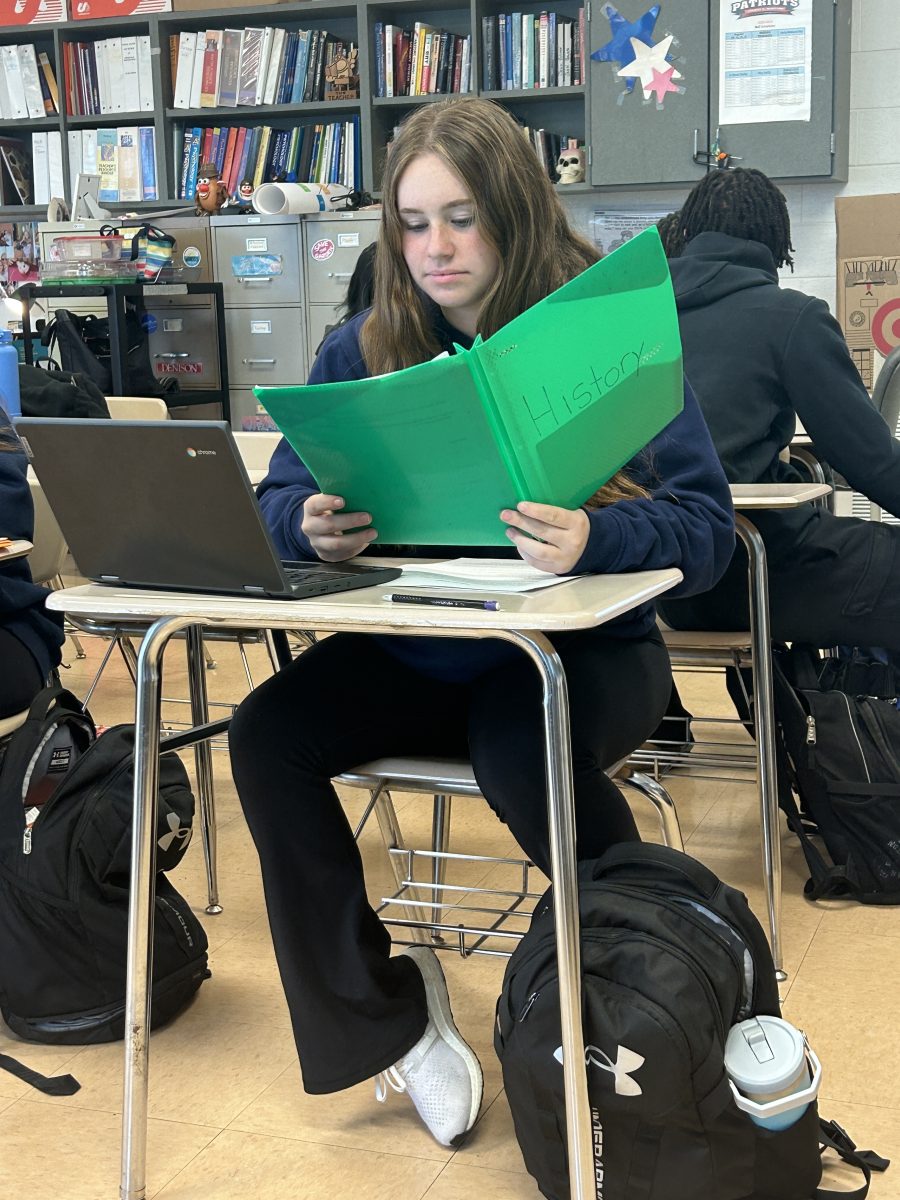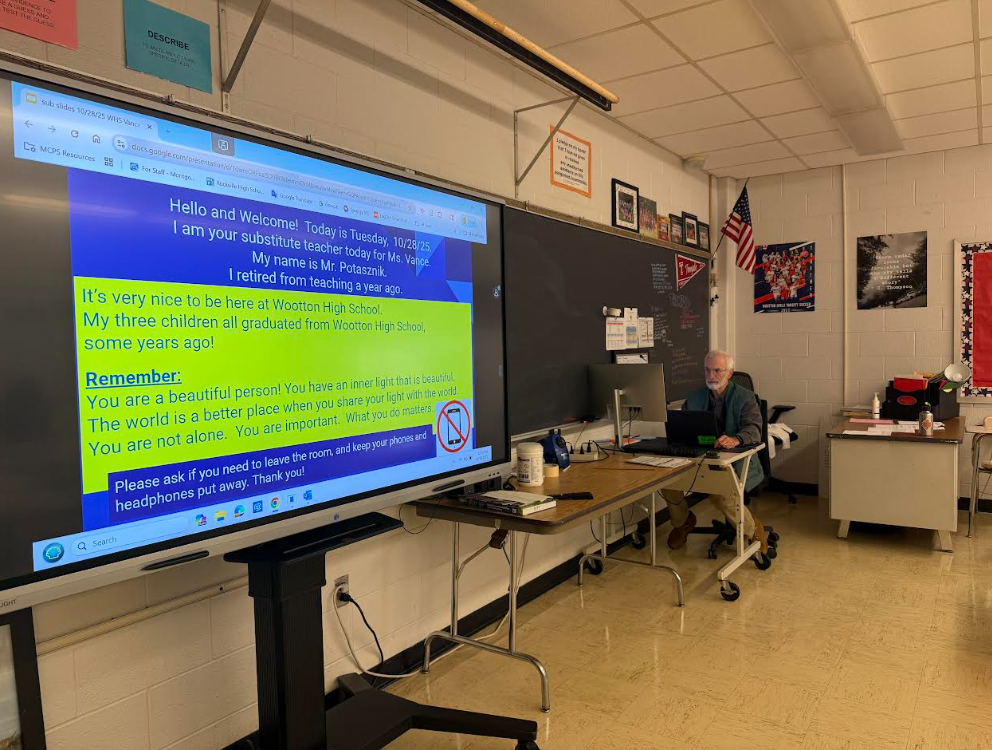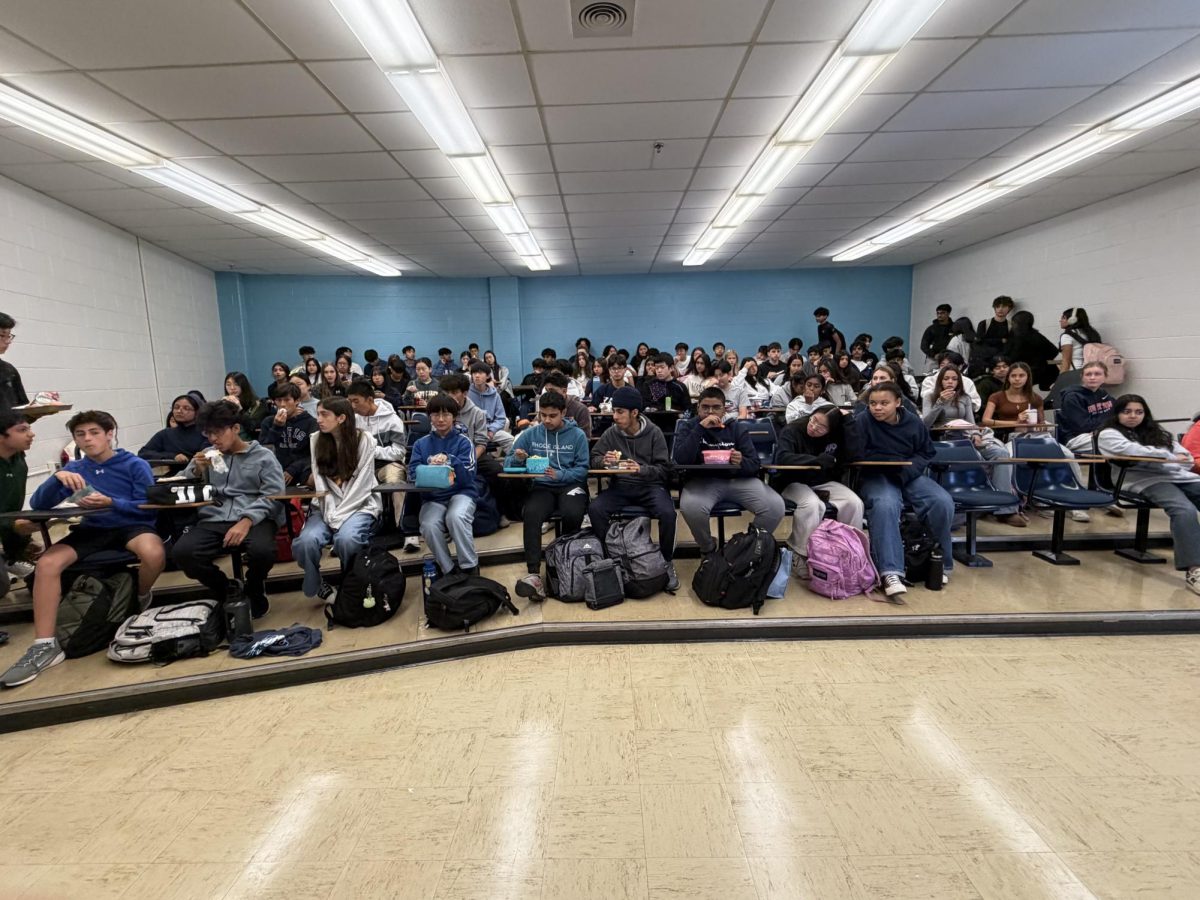A typical student’s schedule through all four years of high school consists of seven different classes. Each of these classes has assignments and exams that could line up on the same days as others. So how do students prepare for these stressful tests?
Students use different types of studying techniques that work best for them. The way you study directly correlates to how well you perform on the exam. Studying for long periods doesn’t necessarily outdo a short, efficient studying technique. Studying for long periods of time is common for students, and it is certainly not the best use of time. According to an article from the University of North Carolina at Chapel Hill, it leads to a lack of concentration, and therefore a lack of retention of the content.
One studying technique that has recently shown up in student’s routines is the blurt method. It involves initially reading your notes and once you finish that you turn to a different page and attempt to write as much as you can remember. Look back to your notes and try to see which notes you missed. Repeat this process with the notes you missed until your page is filled out with everything you need to know. “I like to use the blurt method to study. It doesn’t take too much time but still allows me to memorize all the content I need,” junior Zain Syed said.
Sophomore Kai Schmelzer has gotten straight A’s throughout high school. The scholar student-athlete claims that the secret to his success is using flashcards to prepare for every exam. On the nights leading up to his tests, he consistently uses these flashcards, whether it’s through Quizlet or physical flashcards. “I have found that flashcards stick the information with me the best out of everything that I’ve used in the past,” Schmelzer said.
To effectively study you need to limit distractions all around you. Your study environment is just as important as any part of this process. What good would come from studying in a room with your favorite show blasting from a nearby TV? AP Psychology and history teacher Jennifer Bauer recommends that you mute your phone and start with your hardest class to maximize your focus on the difficult subjects.
Your in-class attention directly correlates to your studying ability and overall test results. If you are successful in taking clear and structured notes, it gives you more content to have the option to review leading up to the exam. “Take small notes over course information, as much as you can,” Bauer said.
Every student is different in their preparation for exams, but some might be missing out on better grades if they have poor studying techniques. Doing at least something leading up to the test is smart instead of just winging it. Even if you are confident on the topic it is good to review.








